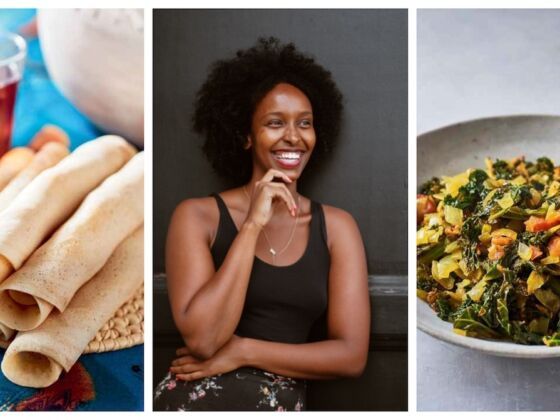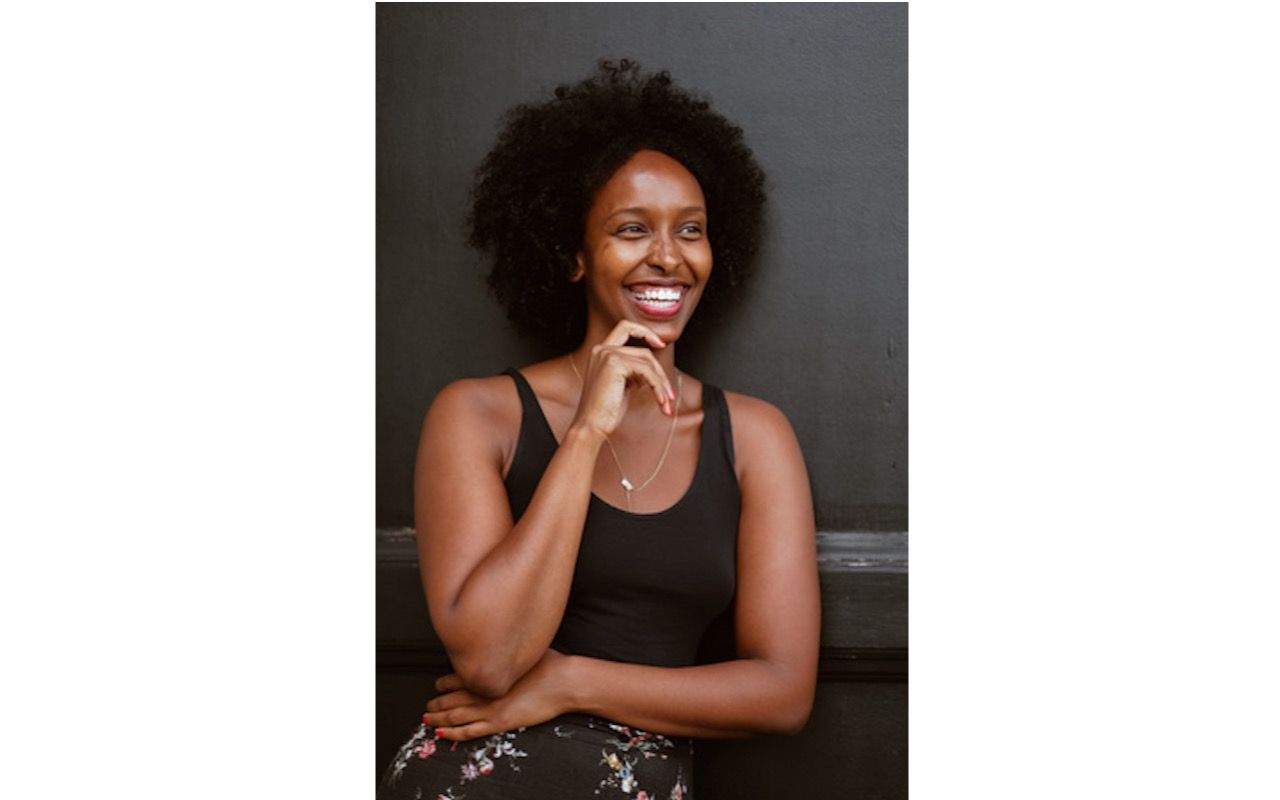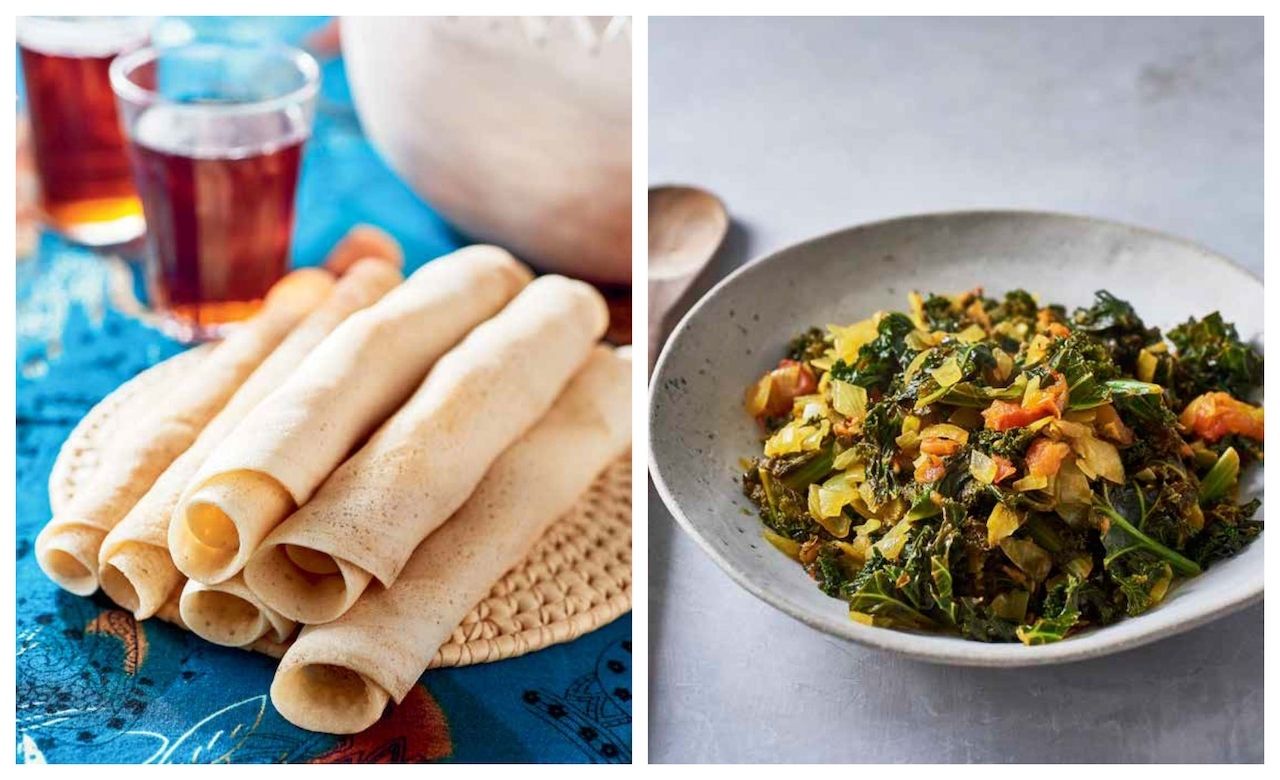Hawa Hassan grew up in the kitchen, at the feet of her mother and aunties, as they prepared dishes like canjeero and suugo suqaar. She quickly learned that in her family, food was a powerful tool to pull her people together.
“Food has always been the center of community and gathering,” she tells me. “The most important thing you can do to win the love and affection of anyone in your family is to feed them.”


